
If I could define my least favorite experience or feeling in life, it’s this: feeling stuck. I loathe the feeling of making no discernible progress—of having no great vision or hope propelling me forward. When my mind snags on a difficulty or my plans come to a halt, I tend to shut down completely. I’ve experienced stuck-ness in myriad ways: through obsessive anxiety, creative paralysis, professional roadblocks and—most painfully—through seasons of doubt and crises of faith. Dr. David Jeremiah, in his powerful new book Forward, uses a flurry of descriptions to capture this painful of frozenness: “Authors call it writer’s block. Athletes call it a slump. Economists call it stagnation…. Retailers call it sluggishness. Scientists call it inertia.” Whatever the name, Jeremiah assures us, “this is not God’s intention for your life.” We were, each of us, created to fulfill the purpose God created us for—to realize a dream so personal, so profound, we can scarcely can dare to imagine it. I think, on some innate level, we all know this—and we’re either avoiding, longing for, or actively pursuing that God-appointed purpose.

But how do we free ourselves from stuck places? How do we move forward when we’re haunted by the past or hampered with difficulties? Why, when we feel stuck, do we tend to believe the experience will last forever?
There is a passage of Scripture that I love and was reminded of in Dr. Jeremiah’s new book. “Where there is no vision, the people perish” (Proverbs 29:18). I have found this to be so profoundly true in my own life. When I look back on the periods in life when I was the happiest, I was devoting all of my energies—creative, spiritual, physical, and emotional—to some task I felt called to. I was latched onto a vision larger than myself—a vision that nonetheless employed my natural gifts and abilities. C.S. Lewis describes our place in heaven as fitted for us “stitch by stitch as a glove is made for a hand.” While we live only a foreshadowing of our heavenly lives here, we do get to participate in works that echo into eternity. And we all probably have tasted what it feels like to do the right work in the right way. To be in the element. The flow state. To not only excel at our work but find great meaning in it.
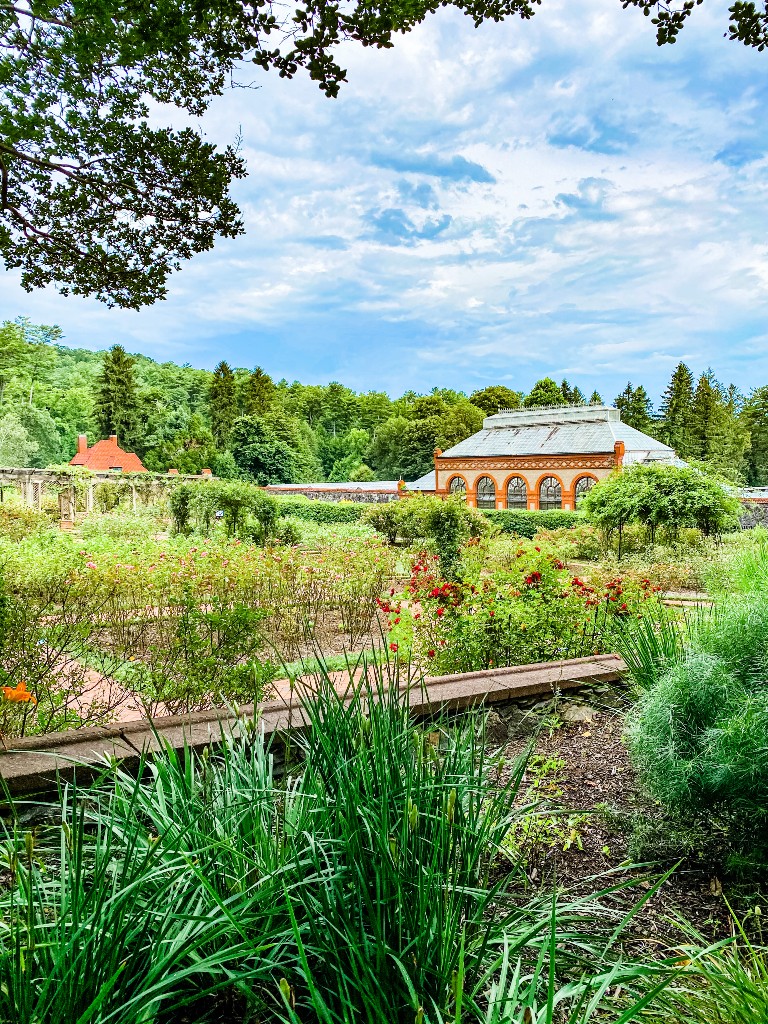

As children of a loving God, we are promised that God designed us with specific works in mind—we were once a dream in the mind of the Creator, and He envisioned good works that only we could accomplish. These works would deftly combine our personalities, talents, and place in history with His grace, unlimited resources, and enabling strength. “For we are His workmanship,” begins the passage (and that statement alone is too grand, too beautiful for me to ever comprehend), “created in Christ Jesus for good works which God prepared beforehand, that you should walk in them” (Ephesians 2:10). I am struck by the intimacy of such a passage, that reassures me that once I too was a vision in the mind of the Creator of heavens and earth, and I was not dreamed carelessly. He went so far as to imagine work for me to do, inviting me to participate in the furthering of His kingdom.

But it’s so easy to lose sight of that. Fear, doubt, and feelings of inadequacy constantly pull at us. So many of us suffer greatly with poor self-image, and the highest achievers often heap condemnation on themselves. If we allow ourselves, it’s easy to become consumed– to not only lose the higher vision, but the ability to function or have any joy at all.
2020 could essentially be called a year of stuck-ness. So many freedoms have been denied us: the way we perform our jobs has been altered at best, along with our ability to form relationships and just move about freely through our days. I imagine that very few of this would call this the year of professional breakthroughs or personal mojo. I have to believe I’m not alone when I admit to very frequently feeling stuck in a rut. It’s felt difficult to make anything happen. I’ve missed the feeling of waking up with a tinge of possibility—a feeling that I could meet someone, share a gorgeous conversation, strike up a business collaboration, or fall in love. I’ve missed the electricity, the sheer possibility that something could be just around the corner. It isn’t even about attaining it—it’s just the hovering sense of possibility that stirs the soul.
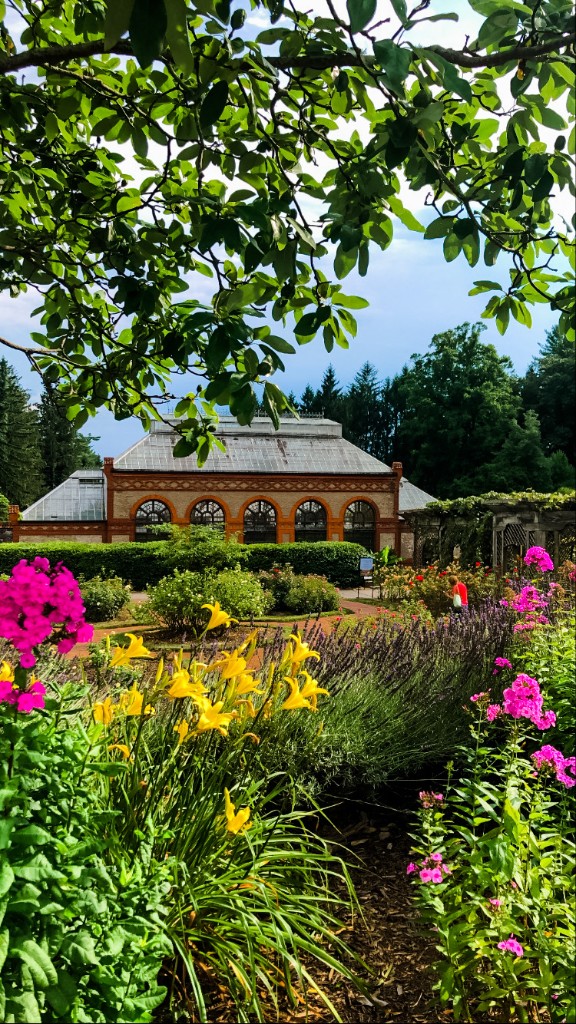


This year, I’ve felt stuck as weddings have been postponed, canceled, or drastically altered, and my design opportunities have been limited. I long for a family, deeply, prayerfully, and profoundly, but I am still single. It would be easy to feel stuck here if I didn’t trust so wholeheartedly in the perfection of God’s timing. And I’ve felt stuck, most of all, in my anxieties, which breed in isolation, and which always attack the subjects I find most precious— my family, my health, my dreams, my professionalism, and above all, my faith. While I’d consider myself adept at envisioning new possibilities and finding creative solutions, I often find myself stuck in these little ruts—losing hours or days of productivity to anxiety.
This is especially true of my thought life. I am deeply—to my detriment– sensitive, and once a fear enters my mind, I have terrible trouble relinquishing it—my fearful thoughts play on a loop that disrupts and sometimes torments me. It’s for that reason that I often marvel at the words that strangers use to describe me: words like free-spirited, peaceful, artistic, a bit of a gypsy. I could be described in these ways, I suppose, but I’ve been stuck so many times; more a prisoner of my own mind than a free-thinking bohemian.
When I read my artist’s bio, I am struck by the proliferation of words like freedom, release, peace, and expression— experiences I cling to. These words are immediately followed by their opposites: restriction, suppression, limitation, fear, and isolation. I so savor the experience of freedom that I named my floral design business and my blog “Meadow” after an imagined place: a symbolic place of perfect peace, healing beauty, and intimate communion with God. The word “meadow,” for me, has always embodied this idea of sanctuary. It is more than a place in nature; it is a place where the soul can be at rest.


It only stands to reason that someone who so cherishes peace and freedom has been intimately acquainted with their opposites. Freedom means nothing to someone who’s never been imprisoned by fear. Rest means little to a heart that’s never been at war. You don’t know what it means to have a voice until you’ve been silenced. And you don’t know what purpose and hope feels like until you’ve been delivered from a stuck, uncertain place.
It has taken me years to really comprehend—not just intellectually, but emotionally—that God is for us. That He is forever reaching out in love (such love) to reconcile His people to Himself, to bestow salvation upon believing hearts, and not only rescue their souls, but endow them with a dream. Our God is a God who looks to the future: who loves new things, new names, new lives, new heavens, and a new earth, and forever works newness and redemption in obedient hearts (Isaiah 42:9). God is for the attainment of any dream that He has planted in our hearts. He always supports us in our choice to move forward in grace, “forgetting those things which are behind and reaching forward to those things which are ahead” (Phil. 3:13).
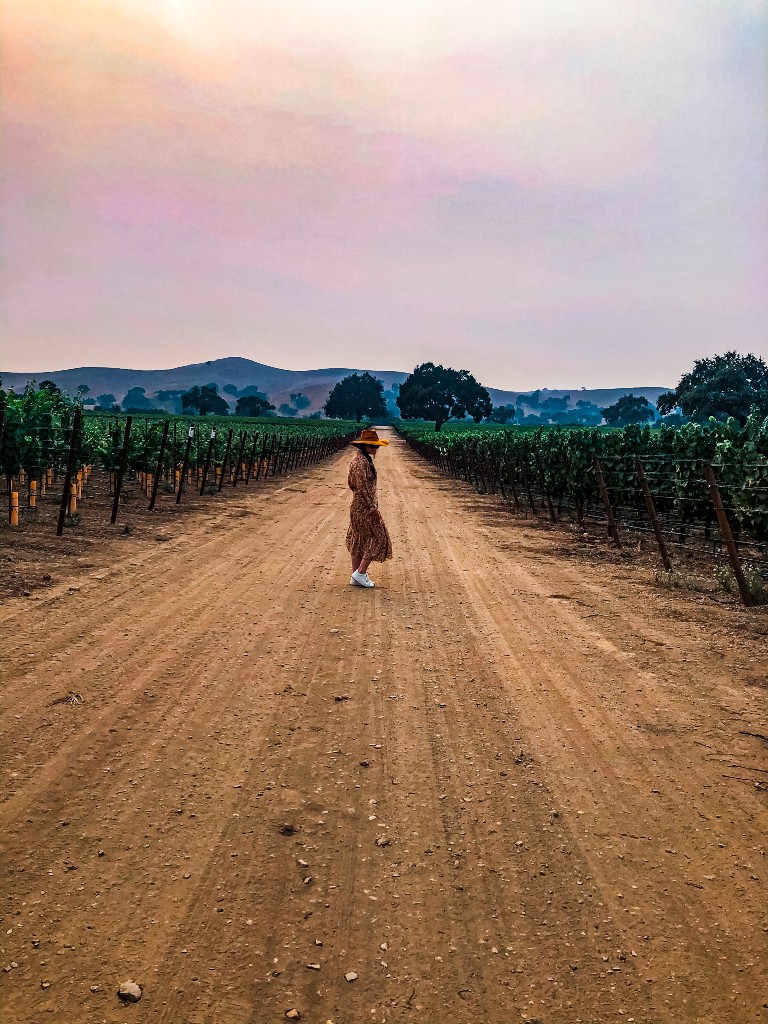
Dr. Jeremiah, in his new book, recounts the story of a faithful young school teacher, Leonora Wood, who would become something of a “living legend thanks to her deep faith in the power of prayer.” Raymond Thomas, a foster teen, often sought Leonora out for advice on how to nurture his deep-seated—and highly unlikely—dream of going to college. With no money and no prospects, Raymond saw no way forward. However, Leonora encouraged him in faith, and Raymond asked her to pray a “dreaming prayer” on his behalf. The prayer, recounted by Dr. Jeremiah, went like this:
“‘Father, You’ve given Raymond a fine mind. We believe You want that mind to be developed, that you want Raymond’s potential to be used to help You lift and lighten some portion of Your world. Since all the wealth in the world is Yours, please help Raymond find everything he needs for an education.’
But she wasn’t done.
‘And Father, we also believe you have even bigger plans for Raymond. Plant in his mind and his heart the vivid pictures, the specific dreams that reflect Your plans for Him after college. And oh, give him joy in dreaming—great joy.’”
That boy would grow up not only to attend college (all while working twelve jobs to support himself!), but would graduate with honors. From there, he would serve in WWII before settling in Vienna and obtaining a PhD in physics. Through his career with the US Atomic Energy Commission, he would go on to master multiple languages, travel the world, and network and strategize with some of the most important people in Europe. Looking back, he never forgot that first “dreaming prayer” and the unlikely belief that Leonora Wood had in him—or, namely, in the God who would work on His behalf. He would forever cling to the belief that “any right dream can be realized… And prayer helps you know if it is right and gives you the power to stay with it.”

It’s been liberating for me to realize that prayer is the birthplace of dreams. I cannot fathom what a high and holy privilege it is to come into the presence of a loving God, and receive a dream for my life. What a miracle—that we could receive a thought, a word, a plan from heaven. I now look forward to sitting in silence not to ask for anything, but simply to listen to what God might have to say. I now know that I can come “boldly before the throne of grace” (Hebrews 4:16) and pray “dreaming prayers” for myself and others. It can become intoxicating, this dreaming, this believing. What a deep, dear privilege it is to pray and watch God work and answer prayers not only for my life, but those of loved ones and even strangers.
I think it’s incredible to pray for very specific things, because then we can see quite clearly God’s answers and work in our lives. He is, of course, under no obligation to answer how we would expect—and He often answers our prayers with something entirely different, even better than we dared imagine (Ephesians 3:20). But what a joy it is to collaborate with Him; to simply invite Him to plant a dream on our hearts, and then watch Him work. And we know that whatever task He gives us, He equips us for. We know that if He is faithful enough to bring a dream to pass—and He is—He is also faithful and assumes responsibility for providing for our every need (Phil. 4:19), whether emotional or practical.
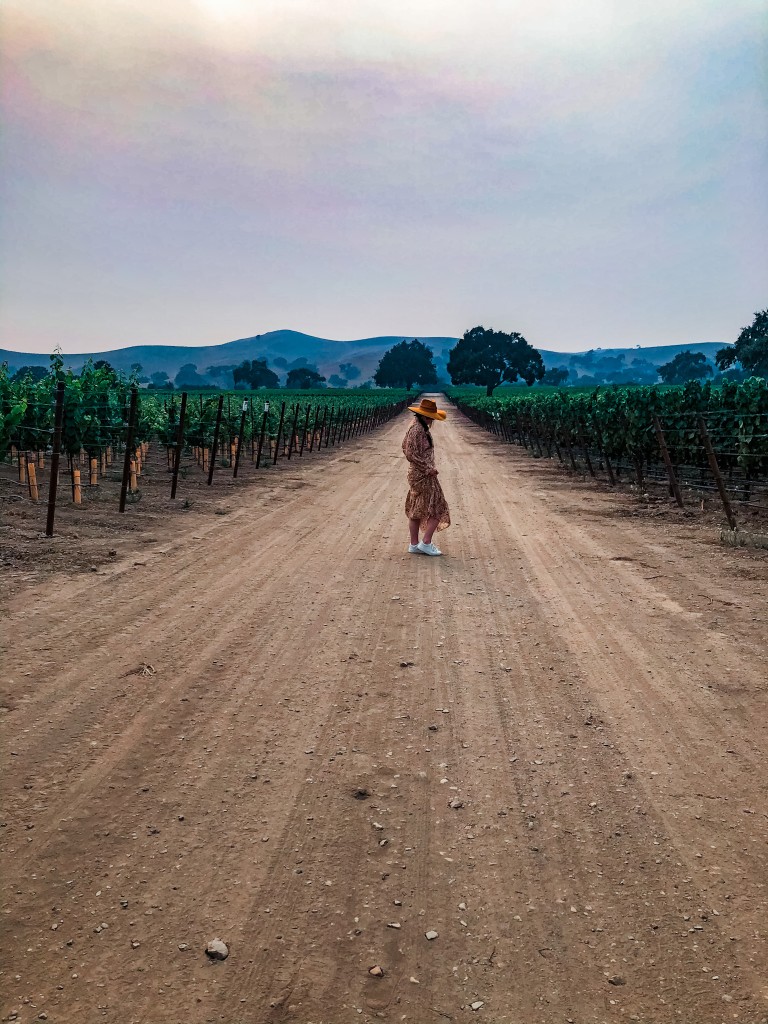
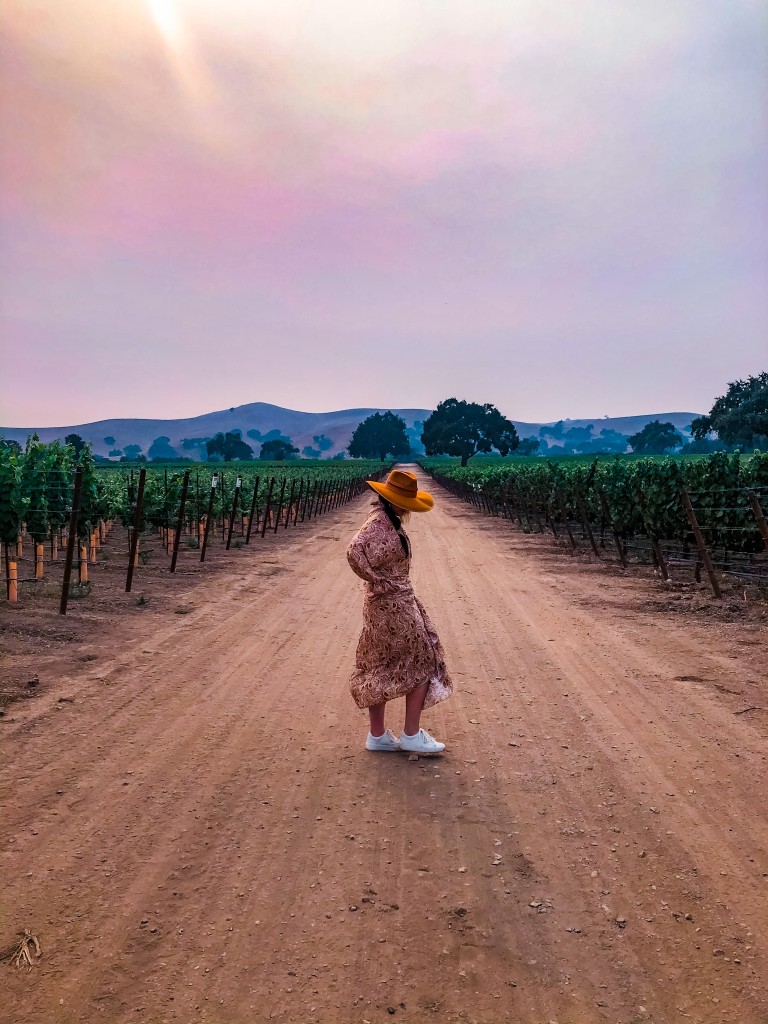
Maybe you’re dreaming of higher education, a new career, or a spouse. I invite you—and I challenge all of us—to pray for God to plant a dream in our hearts. To give us a vivid picture in our minds and hearts of what that dream may look like. Maybe that means envisioning a field of study and a career beyond it, or specific qualities and characteristics in a marriage partner. Ask God to make it real. Ask Him to render your imagination vivid with details and with a clear and specific dream for your life. Surely this alone—the advent of a dream—begins to free us from the feeling of being stuck.
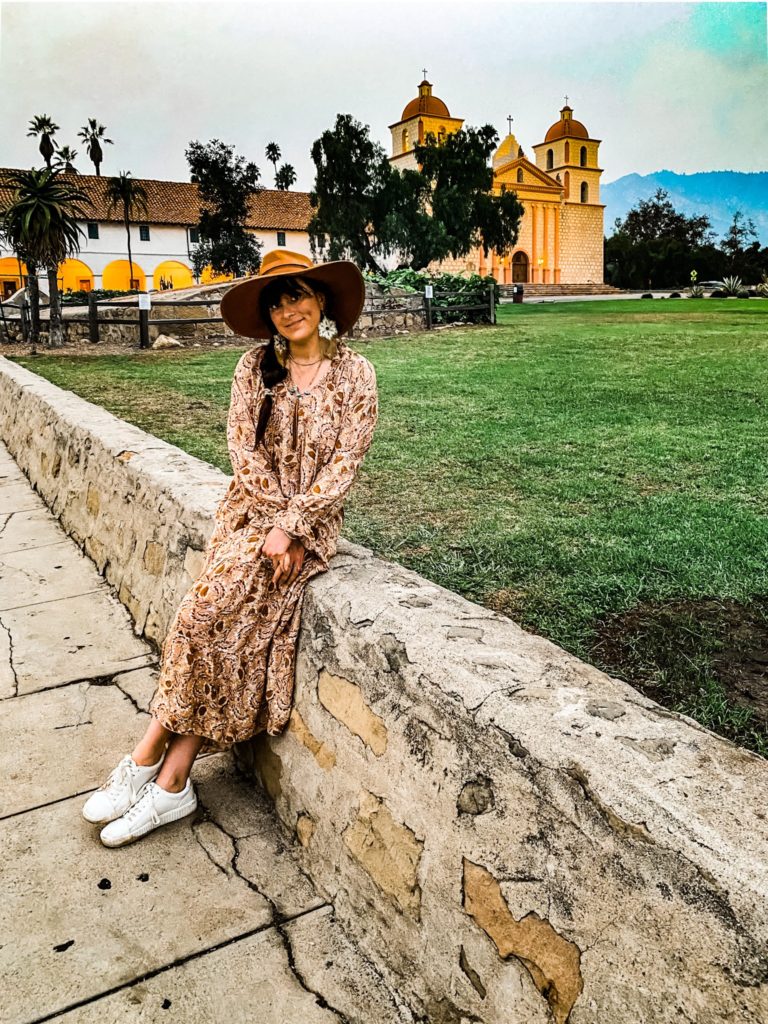

Scripturally, there are factors that determine the degree to which we receive blessing from God. And blessing, by definition, is God’s personal intervention in our lives. Blessings can come in the form of prosperity, enlargement, or pain and suffering; we can all agree that some our most profound joys were wrung from deep sorrow; what matters is that our hearts are drawn closer to Him. The degree to which we are blessed is determined by our willingness to acknowledge Him as the source of blessings and listen when He speaks. But as we delight and walk in His will, we also must believe that that He answers our petitions (James 1:6-7, Matthew 7:7-11). We must turn to Him in expectancy, must live in joyous anticipation of our prayer’s fulfillment.
Dr. Charles Stanley uses a sweet, tender image of a baby bird opening its mouth wide to receive from its mother (Psalm 81:10). If only our hearts would turn to Him in trusting dependency, He would fill our mouths with “the finest of wheat, and with honey from the rock” (Psalm 81:16). We have every reason, as we walk near to our Lord, to expect good things—to wake up with the hope that this indeed could be the day. And if it is not, He will still pour out grace upon grace and sustain us with what we need (John 1:16, Phil. 4:19).
Dr. Stanley writes tenderly of the personal interest that God takes in our lives in His devotional, Every Day in His Presence. I’d be remiss if I didn’t include every word of a recent devotion:
“Are you aware that God knows exactly where you are and what you are doing right now? Contrary to popular thought, you are not bouncing haphazardly through time and space.
The Creator who formed the universe and everything in it has a specific plan for every person on earth—and He has already set everything in place to provide you with a bright future. This is not just in heaven, but also here on earth. The Lord God has a great purpose for you. There is hope!
Friend, your eternal future is secure—and because of that you can rejoice. However, God is also intimately interested in your day-to-day living. All of those details, joys, and troubles you yearn to share with another—He wants you to take them to Him because only He can truly be trusted to guide your steps. So invite Him into your decisions. He knows how to get you where He wants to take you.”

I don’t know what your need or your dream is, but I do know that God did not design you to feel stuck in fear, shame, hopelessness, or simply dreamless-ness. A life of faith, while full of suffering, is piquant with joy, hope, grace, beauty, and yes, with dreaming. I hope that all of us are bold enough to invite the Lord to work in our hearts and imaginations to envision a bright future. I hope that we can be bold enough to pray “dreaming prayers” and invite God to work miraculously on our behalf. I hope we can learn to live in joy and anticipation as we turn our hearts over to His tender care and faithful guidance.
Maybe you can make the prayer below, authored by Leonora Wood, your own, and watch with anticipation to see its fulfillment.
Father, once—it seems long ago now—I had such big dreams, so much anticipation for the future. Now no shimmering horizon beckons me; my days are lackluster. I see so little of lasting value in the daily round. Where is your plan for my life, Father?
You have told us that without vision, we men perish. So Father in Heaven, knowing that I can ask in confidence what is Your expressed will to give me, I ask You to deposit in my mind and heart the particular dream, the special vision You have for my life.
And along with that dream, will You give me whatever graces, patience, and stamina it takes to see the dream through to fruition? I sense that this may involve adventures I have not bargained for. But I want to trust You enough to follow even if You lead along new paths. I admit to liking some of my ruts. But I know that habits that seem like cozy nests from the inside, from Your vantage point may be prison cells. Lord, if You have to break down any prisons of mine before I can see the stars and catch the vision, then Lord, begin the process now. In joyous expectation, Amen.




